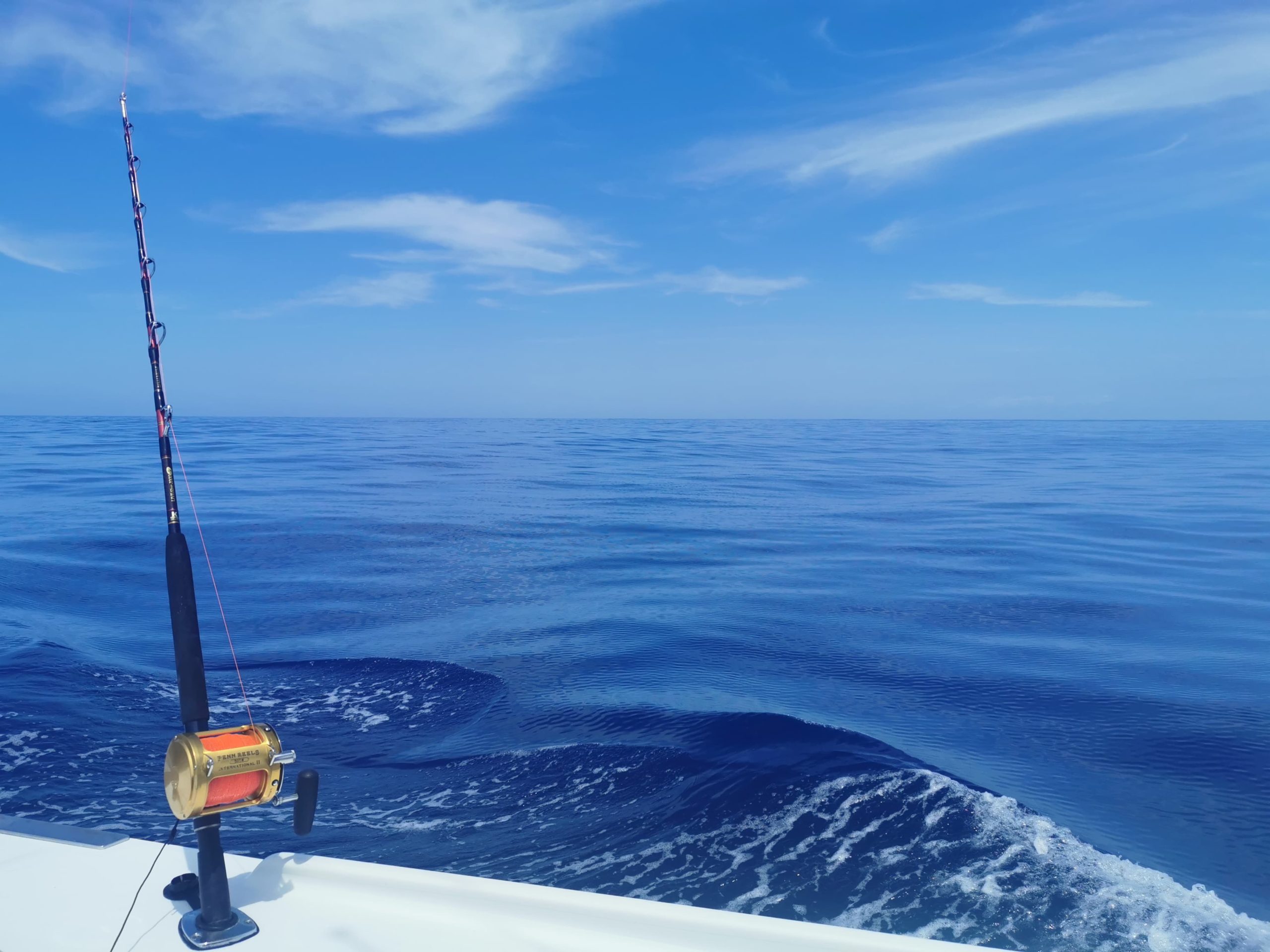FAQs
All FAQs |
Customary Fisheries | Fisheries Management | maximum sustainable yield | QMS | Economics | Fishing | Rescue Fish | Environment | Fishing methods | Recreational Fishing | Fishcare | customary | Kahawai | Reform scam | Baitfish | Scallops | Crayfish | WRC decision | Marlin | Reef fish
May 22, 2020
The time is right, politically and socially, to present the Rescue Fish policy. The Covid-19 crisis has highlighted the vulnerability of many families and communities unable to access adequate food. Food security must be a priority. Reforming fisheries so there is more fish in the water and available makes sense. There is political appetite for ... Read more.
May 22, 2020
LegaSea and the New Zealand Sport Fishing Council are proposing reforms to make fisheries more abundant because there is public support for change. The public is increasingly concerned at the loss of abundance in coastal waters, the environmental effects of poor land management and the ongoing seabed damage from bottom trawling and dredging.
May 22, 2020
Yes. 70% think reform is needed. What’s more, research shows that 67% of people want the Government to do work to reform fisheries to make sure they become abundant and so commercial fishers pay a resource rental, while just 2% oppose. Horizon Research Fisheries Policy survey May 2019.
May 22, 2020
Yes, there is strong grassroots mana whenua support for reform to ensure there is an abundant fishery. Over the last 15 years we have attended and participated in many hui where people have expressed their concerns about depletion and their desire for more fish in the sea. Research shows that 73% of Māori think reform ... Read more.
May 22, 2020
The pathway to abundance has been laid out in the Rescue Fish policy document. The bottom line is that the Quota Management System needs to be dismantled. The Government needs to buy back existing quotas in the inshore fisheries. Catch levels need to be reset to enable fish stocks to recover to healthy levels. Bottom ... Read more.
May 22, 2020
The environment: Banning inshore trawling and dredging and transitioning to more eco-friendly fishing methods will result in a cleaner marine environment. There will be more fish in the water, fish will be healthier, and fish will be easier and cheaper to catch. Food security: The bulk of fish exports earns less than $3kg, while retailing ... Read more.
May 22, 2020
It is convenient for the Government to believe that the Quota Management System is the best way of managing fisheries. Also, because the quota owners have formed a powerful lobby that stridently protects its monopoly market position. This lobby has its own scientists and experts who maintain that the QMS cannot be dismantled because the ... Read more.
May 22, 2020
Because 78% of quota shares are now owned by 10 entities.The resource rentals that initially applied to commercial catches were abolished in 1994. Those rentals were a tax that provided a return to the Government in recognition that a national, natural resource was being exploited for private profits. Quota holders now pay levies, which only ... Read more.
May 22, 2020
The Total Allowable Commercial Catch (TACC) is the maximum weight of a species of fish that can be taken by commercial fishers from a specified management area, in any one year. The TACC is specified in tonnes or kilos and is decided by the Minister of Fisheries every year. The TACC is shared amongst quota ... Read more.
May 22, 2020
The Quota Management System (QMS) is the system for regulating commercial fishing in New Zealand. The Minister of Fisheries decides the annual catch limits for each area and species. Investors buy quota, giving the owner a perpetual right to fish in a particular area, for a specific species. Quota can be fished by the owner, ... Read more.

